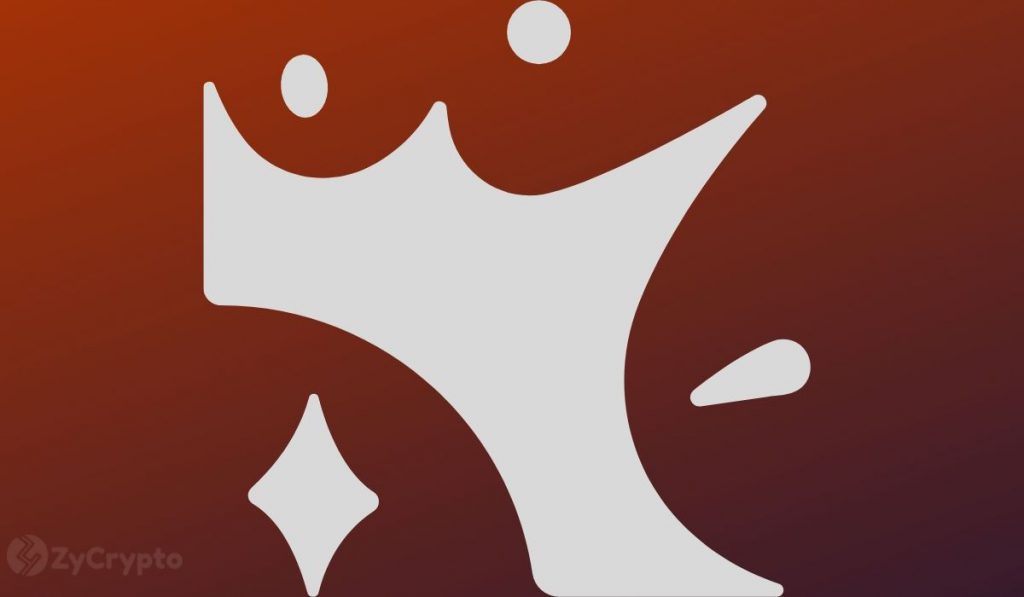With Western nations levying sanctions against Russia for its full-scale invasion of neighboring Ukraine, MetaMask Wallet and Infura users in some jurisdictions have found themselves caught in the crosshairs.
On Thursday, multiple users in Venezuela reported having lost access to their crypto on these Consensys software platforms.
“Now it seems that just being in Venezuela you can’t use the main connection of MetaMask with Ethereum by Infura.” Tweeted one affected user, stating that “This is a sign that “the decentralization” that they proclaim so much is a farce.”
Although there was no direct reference to the Russia/Ukraine linked sanctions, it later emerged that these Ethereum networks had been erroneously configured to cut off certain blacklisted jurisdictions “due to legal compliance” according to Infura.
Following the interruption, Infura which hosts Ethereum nodes and provides custodial solutions on behalf of various firms replied, stating that they had mistakenly configured the settings “in changing some configurations as a result of the new sanction directives from the United States and other jurisdictions”. However, they had since determined what had happened and restored their services.
 
 
Minutes later, MetaMask, which pivots on Infura’s API to connect to the Ethereum network also reacted, pointing a finger at Infura’s misconfiguration which they say caused a knockoff effect on its users’ wallets. “MetaMask relies on Infura as the default endpoint,” Wrote MetaMask, “but this setting can be modified by users if desired, or in case of any service interruptions.”
That said, the interruptions did not go down well with some crypto proponents with some criticizing the decentralization claims by the two platforms.
“If Metamask/Infura is open and willing to block countries like Venezuela by IP addresses, it’s only a matter of time until they are forced by regulators to censor individual people’s IP addresses.” Wrote Larry Cermak, vice president of research at The Block, urging crypto custodial service providers to uphold neutrality even in the face of government directives.
Jacob King, CEO of OracleHawk, crypto and NFT data research firm also condemned the restrictions, stating that “99% of cryptocurrencies and platforms that call themselves “decentralized” are not. They only say it for marketing purposes.”
With the U.S. and its cronies moving in to clamp virtually all sources of Russia’s finances including levying sanctions on its Oligarchs, crypto companies have been thrown into the spotlight, putting their most guarded tenet of decentralization into the test.
Reports of those appearing in the list of sanctions using cryptocurrencies to evade sanctions have forced the U.S. and E.U nations to consider outlining tougher rules that require forced disclosures albeit facing a set of pushbacks by crypto firms.


